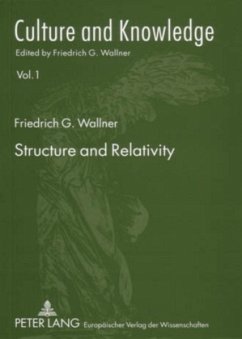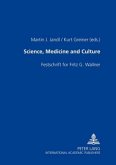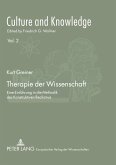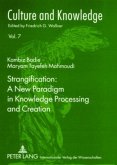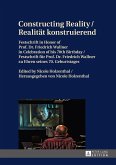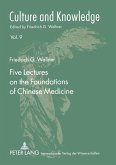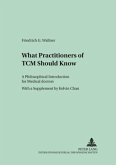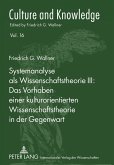Relativism is a permanent challenge for European intellectuals. In this volume the author elaborates a new view of relativism considering the pros and contras of relativism and absolutism. To open this new view, the author points out the historical backgrounds of the emergence of European relativism and introduces an interesting distinction that facilitates the intellectual intercourse with the relativistic challenge, i.e. the distinction between relativism and relativity. In a further theoretical step the author founds a new understanding of knowledge by replacing the well-tried term truth that causes so many problems by the term commitment opening new ways to philosophy of science. This volume gathers a broad variety of topics because the author applies his insights to the analysis of scientific structures and cultural prerequisites founding science: issues in philosophy of science and current problems are discussed. But also Traditional Chinese Medicine and indigenous knowledge systems are reflected.
Bitte wählen Sie Ihr Anliegen aus.
Rechnungen
Retourenschein anfordern
Bestellstatus
Storno

